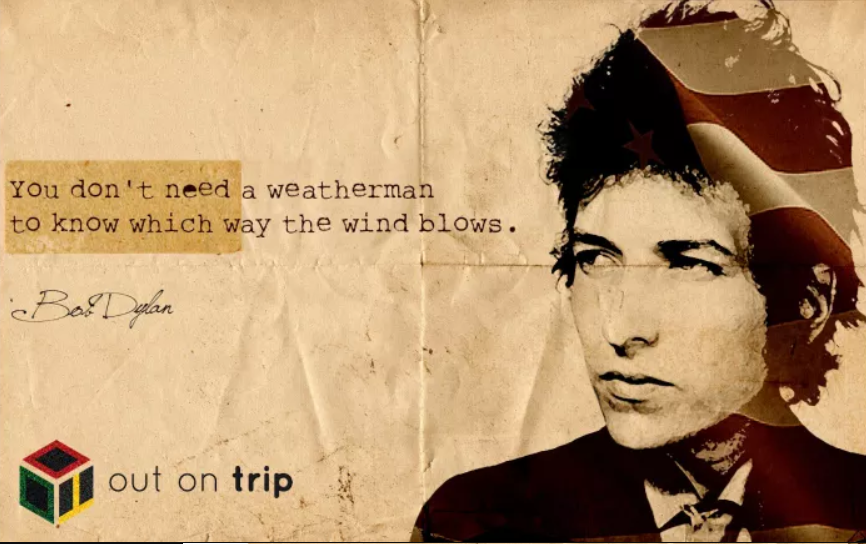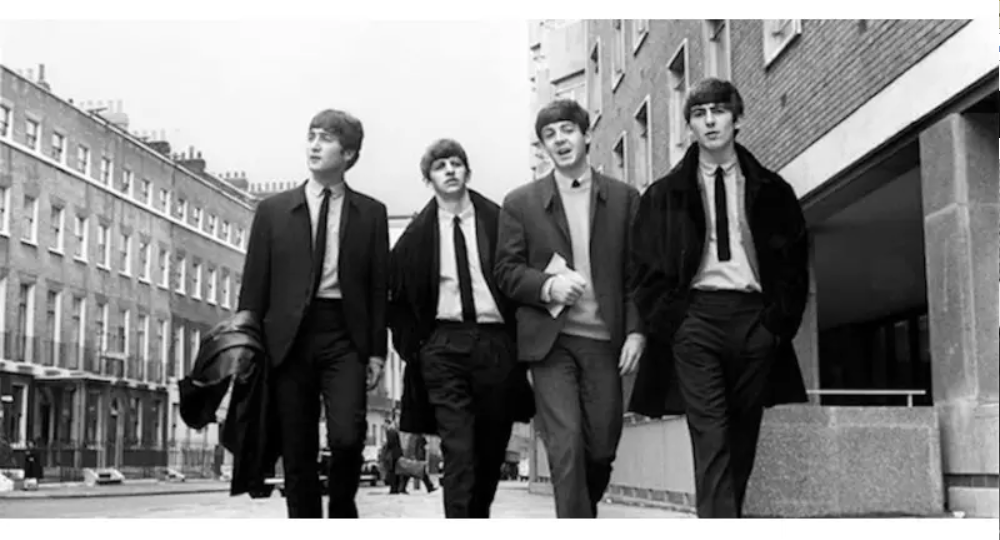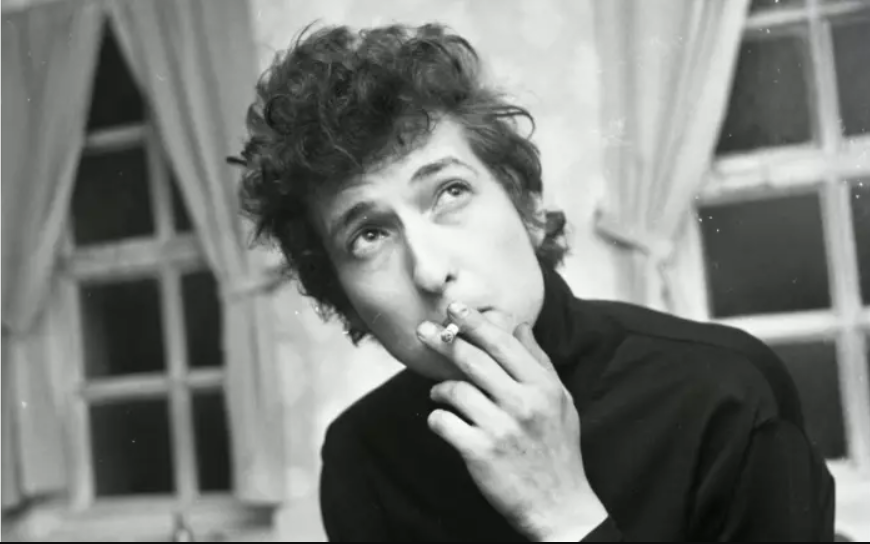
There are many things that Bob Dylan is accused of being. horrible singer is at the top of the list, perhaps. musician with no musicality...
There are many things that Bob Dylan is accused of being. horrible singer is at the top of the list, perhaps. musician with no musicality follows soon after, and the next bullet point in an unending list of complaints is plagiarist .
All these supposed grievances can be handled in various ways, ranging from single phrases to multiple paragraphs. And for the most part, most of these complaints seem to be enunciated by those who cannot tolerate Dylan, success, or are simply too pedantic about how music should be, and how songs should be sung. There is one accusation, however, that gives itself to be delved into, and that is the one which calls him a plagiarist.
In the course of his career, Dylan, songs have often been criticized to have been “lifted  from other songs, in terms of melody. One notable instance of this was the song Blowin in the Wind , which almost instantly upon release, became the anthem of the peace rallies in the 60s. It was the folk singer Pete Seeger who had accurately identified the song as a reworking of an old Negro spiritual ( spirituals were religious songs created by so-called Negroes) called “No More Auction Block Â. The song had originated in Canada, and was believed to have been sung by former slaves who had emigrated there after the abolition of slavery in 1833.
Dylan, however, was never legally charged with copyright infringement, since Negro spirituals were not considered to be an individual, (or for that matter, a group,) intellectual property. Several songs throughout the rest of Dylan, career would receive the same treatment,lways spoken about as “lifted  or “ripped off Â, but never actually legally charged with plagiarism. All this changed with his 2001 album “Love and Theft Â.
Several lines were identified from Dylan, songs that had been taken verbatim from the English translation of Dr. Junichi Saga, 1991 gangster memoir Confessions of a Yakuza. Dylan himself admitted to doing this later, and when Junichi Saga himself found out about this, he said he wasn’t disappointed, but rather he was honored that Dylan had been inspired by his words.
In his 2006 album Modern Times, several instances were again found that linked his lyrics to those of other writers, including the 19 Century poet Henry Timrod, and the 1 Century Roman poet Ovid. While a history of Dylan, method of songwriting is well known, the only issue was that a line in the liner notes read “All songs written by Bob Dylan Â.
Dylan has himself commented on this issue saying he picks up from various sources while he writes his songs. For him it was a non-issue, and it didn’t matter where he picked up lines from as long as he wanted to sing it, he would sing it.
The problem is this: we are now living in a culture where originality is given more value than expression. This is a stark contrast from how older cultures valued the arts. A simple instance to prove this, without going into too much detail is that of Shakespeare.
Almost none of Shakespeare, plays were original. Each had a different source from which it borrowed and built upon. One of the most remembered of his plays, Romeo and Juliet , was actually “ripped off  yes, that term is accurate from an older story by Ovid, called Pyramus and Thisbe.
But does that mean Romeo and Juliet is not a good play? Does it mean Shakespeare was a worthless playwright?
No, it doesn t. It just means that with the passing of time we have come to view originality as a commodity in itself. The reason originality is an important commodity is because it can be sold but let, not go into Capitalism.
Dylan himself came from a tradition of folk music where it was not a crime to sing other people, songs. It was also perhaps because everybody was singing everybody else, songs, and it really was too tough to pin-point which song was whose originally.
The most accurate way to describe Dylan, methodology regarding song writing is using the word “pastiche, which itself is defined as a kind of artistic work that imitates other artistic works, or uses selections from them. It becomes simpler to view Dylan, songs as
not only his own songs, but a collection of little parts of other people, works also.
And if you still think Dylan was a plagiarist, remember that Shakespeare was a plagiarist too.



